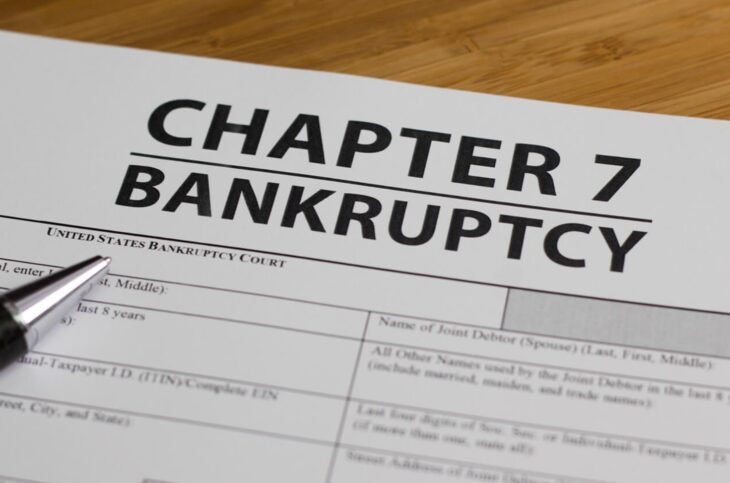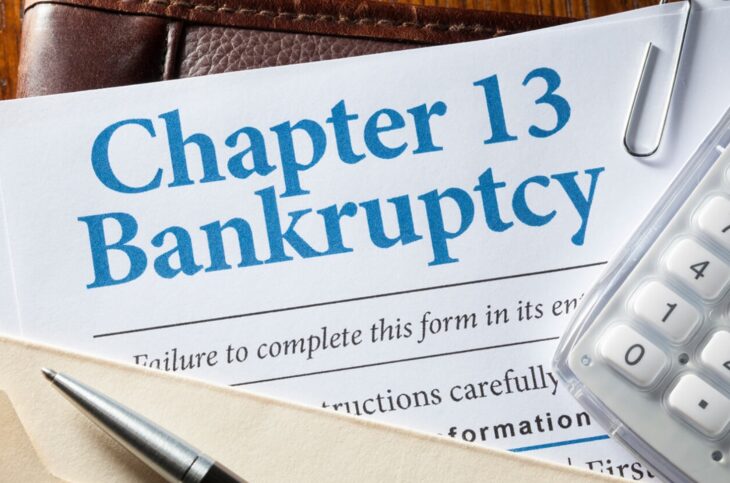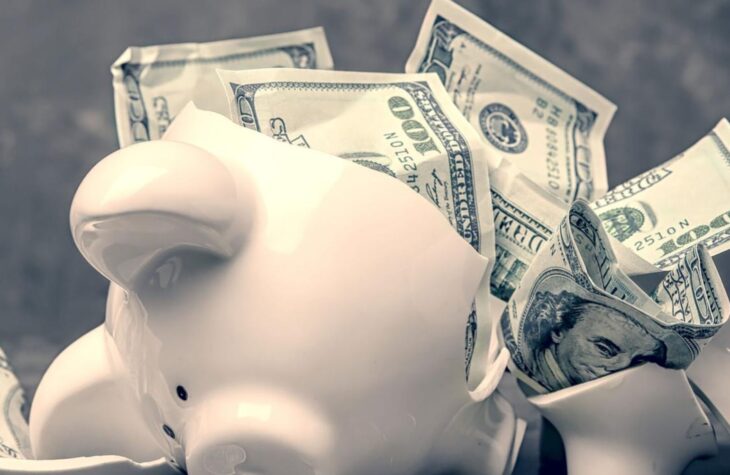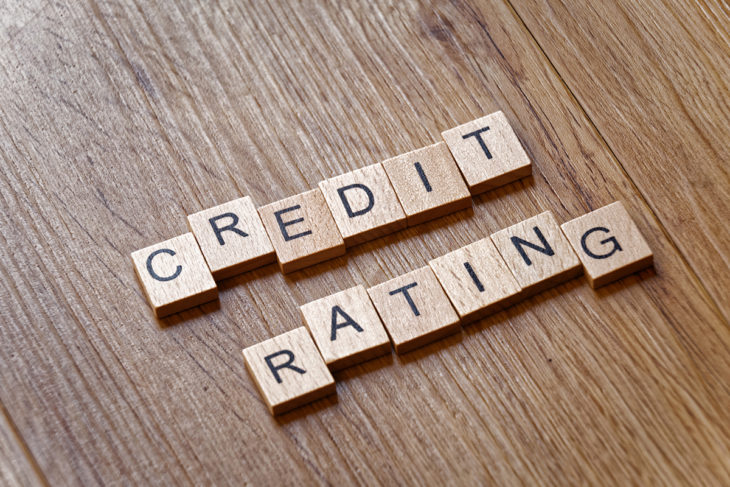Bankruptcy is a process that is overseen by the courts. It has been designed to help both individuals and businesses who are experiencing financial difficulties. The process of bankruptcy can help them to wipe off some or all of their debt. Alternatively, it can also help those who are struggling to pay back some of the money they owe.
While bankruptcy can help you to get some debt relief, it can affect you for many years to come. This is because it will stay on your credit report for up to 10 years. Filing for bankruptcy will affect your ability to get a mortgage, apply for a credit card or a loan.
Contents
How Bankruptcy Works

Source: bartifaylaw
Bankruptcy is quite complex and it can be hard for you to deal with on your own. This is why many people seek the help of a bankruptcy lawyer. Having someone on your side that has the skills and knowledge to help you can make the process an easier one.
Before you file for bankruptcy, you will need to make sure that you meet all of the requirements. You will need to:
- Show that you cannot repay the money you owe
- Attend a credit counseling session with an approved counselor
If you do decide to file for bankruptcy, you will need to decide which type you wish to file. You can file either chapter 7 or chapter 13. Both of these chapters can help you to eliminate some if not all of your unsecured debt. They can also help you to prevent or hold off a repossession or disclosure and so much more. While you will be expected to pay your lawyer’s fees and the court costs, both types of bankruptcy relieve debt in slightly different ways. For more information, head over to tulsabankruptcylawyers.net.
Chapter 7 Bankruptcy

Source: Experian
Known as “Straight bankruptcy”, chapter 7 is what many people think about when they consider filing for bankruptcy. If you file for chapter 7 you will need to have your assets supervised so those that are not exempt can be sold.
Any money that is raised from the sale of your assets will be paid to your creditors. When the bankruptcy is discharged, the amount of money that you owe will be wiped off. Please note, this type of bankruptcy will not prevent you from paying some debts. You will still need to pay student loans, taxes, child support, and alimony.
If you were to file for chapter 7, you will find that there are significant consequences. It is very likely that you will lose any property that you own. In addition to this, the information will stay on your credit file for 10 years. If you find yourself in debt again you will not be able to file for bankruptcy under chapter 7 for 8 years.
Chapter 13 Bankruptcy

Source: Experian
Chapter 13 works in a slightly different way from chapter 7. Chapter 13 can ensure that you keep your property. However, you will need to make sure you completely or partially repay the money that you owe. When you file for this type of bankruptcy the court will negotiate a 3-5 year repayment plan with your lawyer. You might have to agree to repay some or all of the money you owe during the set period. Once you have completed the repayment plan you will find that your debt is wiped. This can happen even if you have only repaid some of the amounts that you owe. This website will give you additional information.
Even though you have only paid off some of your debt you might be able to keep some of your assets. In addition to this, the bankruptcy information will be wiped from your credit file after 7 years. If you wish to file for chapter 13 bankruptcy again you can do so in 2 years. However, this will show on your credit file so you should avoid it if you can.
The Consequences of Bankruptcy

Source: Colorado Springs Business Journal
Most of us are aware that we can lose property if we were to file bankruptcy. This is because you might need to sell off your property so your creditors can be repaid. In some cases, you might lose your:
- Antiques
- Electrical items
- Jewelry
- Paintings
- Real estate
- Vehicles
- and anything else that holds monetary value
If your friends or relatives co-signed a loan they could also be affected. This is because they will be held responsible for some of the debt. This may well mean that they will have to pay the money back or give up some of their property.
Your credit rating

Source: Social Housing
Without a doubt, your credit rating will be affected. This is because bankruptcy is considered to be a negative thing. It will show up on your credit report and it can affect any future loan. If you have filed for bankruptcy potential lenders will see this on your profile. They will see that you have had trouble paying the debt in the past. This can dissuade them from lending you money. If they consider you to be a huge risk they’re likely to stay away from you.
When you have been discharged from bankruptcy this will show on your credit report. While this might seem like a good thing it can make potential lenders wary. This is because they can see that you’ve had issues paying back the money that you owe.
Whenever you fail to pay back any money you owe it will affect your credit file. Bankruptcy might be damaging to your file but it can also be a temporary solution. Before you decide to file for bankruptcy you should get as much advice as you can. This is because if there’s a chance you can pay the money back your credit file is less likely to be affected.
While declaring bankruptcy might seem like a good solution, it should only be used as a last resort. Other alternatives are usually available to those who can afford to make a few repayments.
